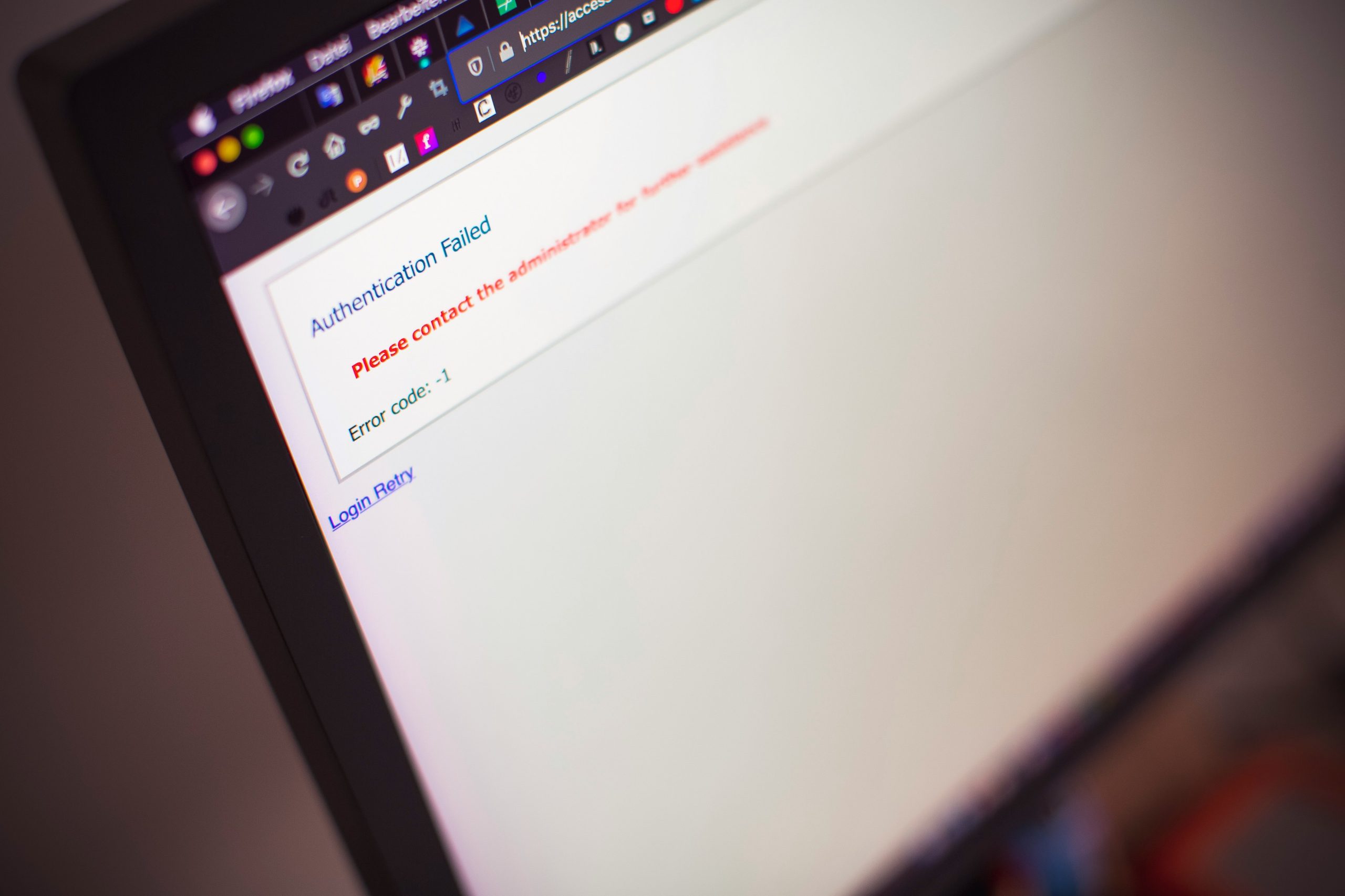Web pages containing information intended and used for the preparation or commission of crimes will be shut down. An instruction regulating the procedure for blocking access to websites with such content was approved by the Government on Wednesday, 28 May.
The instruction does not introduce new rules, but rather details those contained in the Law on the Prevention and Combating of Cybercrime. In July 2024, it was amended by empowering the Ministry of Internal Affairs (MAI) and the Information and Security Service (SIS) with the right to block users’ access to certain websites, as well as to stop the transmission or storage of online content in an electronic communications network by removing it at source.
A web page may be subject to restrictions only if it contains information used to commit serious crimes such as: a series of acts criminalised by the Criminal Code; the dissemination of malicious programmes used to commit crimes or the promotion in any way of prohibited objects or substances; distributing, using or storing images of children involved in sexual activities; propagating paedophilia; recruiting or inducing a person to commit a specific crime, and others.
The Centre for Independent Journalism has previously explained that the legislator has also provided safeguards to prevent possible abuses. For example, access to a website may be suspended for a period of 30 days, with the possibility of extension, but not exceeding 90 days. The order of the Ministry of Internal Affairs or the SIS to block a website must be published and can be challenged directly in court.
“The application of the Instruction will contribute to strengthening the state’s ability to protect the public interest and the right to privacy in the online environment, thereby enhancing cybersecurity and reducing the risks associated with cybercrime. At the same time, it will support efforts to protect children and other vulnerable groups from harmful influences in the digital space, contributing to the creation of a safer and more responsible online environment,” the MAI said in a press release.
